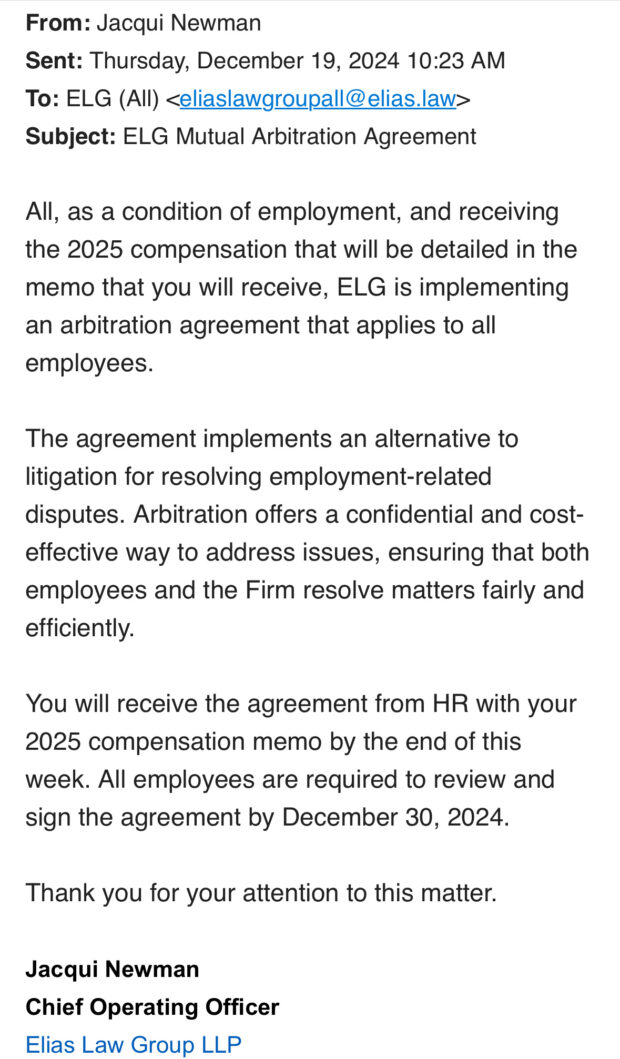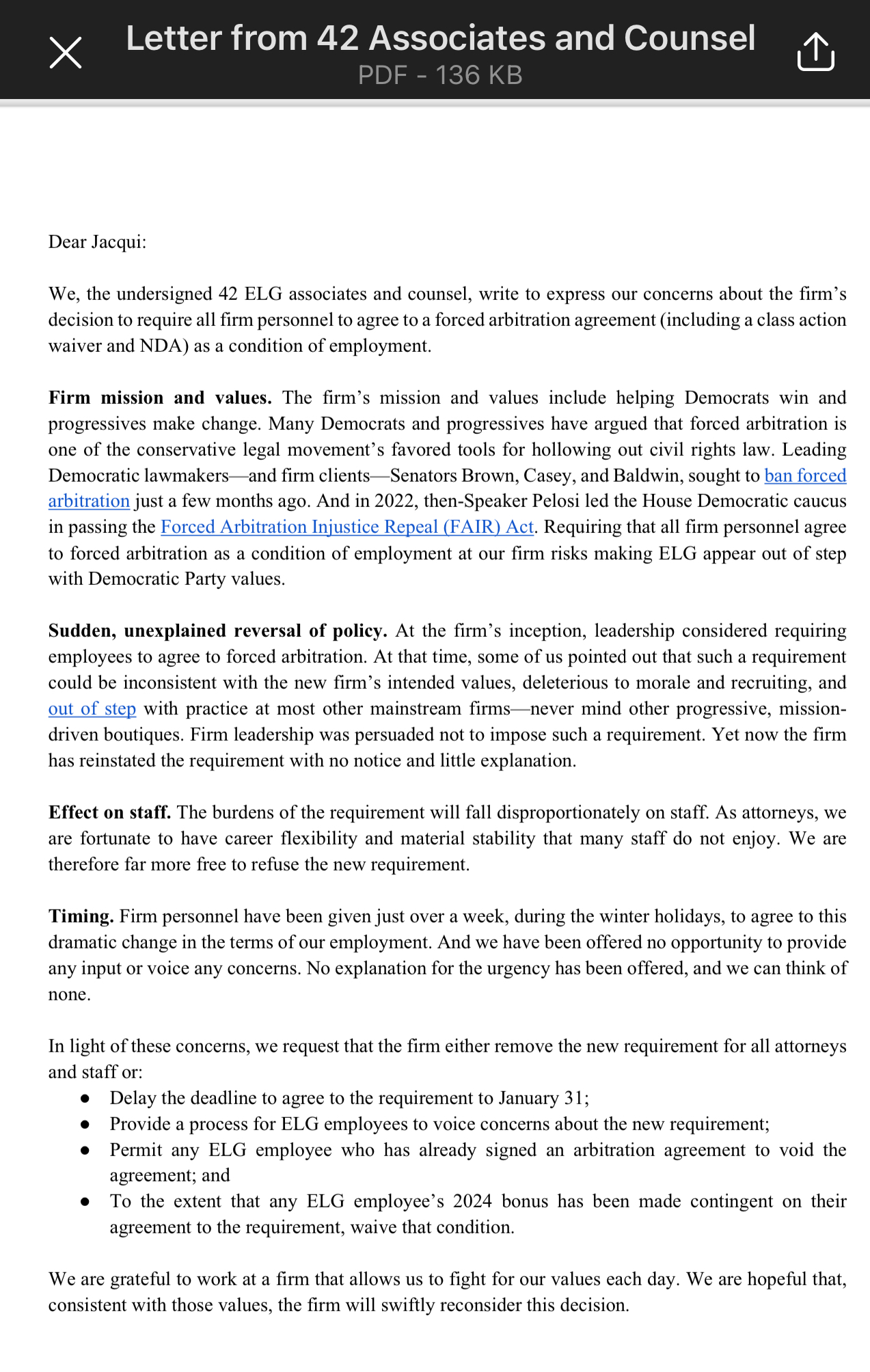The
legal
industry
is
no
stranger
to
evolution.
Over
the
last
few
decades,
corporate
legal
departments
have
transitioned
from
reactive,
siloed
teams
to
proactive,
integrated
business
partners.
Yet,
one
of
the
most
impactful
shifts
is
still
gaining
momentum:
the
rise
of
Alternative
Legal
Service
Providers
(ALSPs).
Despite
their
name,
ALSPs
are
far
from
“alternative.”
Today,
they
are
essential
for
modern
legal
operations,
offering
scalable,
cost-effective,
and
tech-enabled
solutions
that
reshape
how
legal
departments
operate.
In
fact,
the
“A”
in
ALSP
may
no
longer
reflect
the
central
role
they
now
play.
What
Defines
an
ALSP
Today?
When
ALSPs
first
emerged,
they
represented
a
novel
departure
from
the
traditional
law
firm
model.
The
industry
was
skeptical,
viewing
these
providers
as
niche
players
fit
only
for
routine
tasks.
However,
the
last
two
decades
have
proven
that
ALSPs
are
far
more
versatile.
Modern
ALSPs
offer
a
comprehensive
suite
of
services,
from
handling
complex
compliance
issues
to
managing
tech-heavy
contract
lifecycle
management
(CLM)
systems.
Their
core
attributes
—
flexibility,
scalability,
cost-effectiveness,
and
tech
enablement
—
make
them
indispensable
for
legal
teams
juggling
constrained
budgets
and
rising
workloads.
Consider
a
recent
example:
A
corporate
legal
team
grappling
with
a
six-month
contract
backlog
turned
to
an
ALSP
for
support.
Within
weeks,
the
ALSP’s
flexible
talent
cleared
the
backlog,
rebuilt
the
team’s
templates,
and
implemented
a
playbook
to
prevent
future
delays.
The
result?
Happier
business
stakeholders
and
a
newfound
respect
for
the
legal
department’s
adaptability.
Busting
Myths
About
ALSPs
Despite
their
growing
adoption,
misconceptions
about
ALSPs
persist.
One
of
the
most
common
is
that
flexible
talent
means
lower-quality
talent.
In
reality,
ALSP
professionals
often
come
from
elite
law
firms
and
have
extensive
in-house
experience.
They’re
not
“temp
workers,”
they
are
experts
who
choose
flexible
engagements
for
reasons
ranging
from
career
pivots
to
better
work-life
balance.
Take
it
from
Monica
Zent,
CEO
and
Founder
of
ZentLaw,
a
pioneer
in
the
ALSP
space.
“Many
of
our
professionals
are
Biglaw
veterans
or
seasoned
in-house
counsel.
They’re
not
just
filling
gaps
—
they’re
elevating
the
quality
of
the
work
being
done,”
she
explains.
Key
Benefits
Why
are
ALSPs
becoming
the
go-to
solution
for
so
many
legal
teams?
-
Efficiency
and
Cost-Savings
ALSPs
streamline
onboarding,
reduce
costs
compared
to
traditional
models,
and
offer
expertise
tailored
to
a
department’s
specific
needs.
They’re
particularly
adept
at
scaling
teams
up
or
down
as
workloads
fluctuate,
ensuring
departments
aren’t
overstaffed
during
quieter
periods. -
Access
to
Specialized
Talent
ALSPs
can
plug
gaps
in
areas
such
as
compliance,
legal
operations,
or
niche
subject
matters.
They
also
bring
diversity
in
background
and
perspective,
enriching
the
decision-making
process. -
Alignment
with
Legal
Tech
As
legal
tech
adoption
grows,
ALSPs
provide
a
bridge
between
the
technology
and
its
optimal
use.
For
example,
they
can
help
legal
teams
implement
or
optimize
tools
like
CLMs,
ensuring
smoother
workflows
and
better
ROI.
The
‘Try-and-Buy’
Model
One
of
the
most
innovative
aspects
of
ALSPs
is
their
“try-and-buy”
model.
This
approach
allows
companies
to
test
talent
flexibly
before
hiring
them
full-time,
minimizing
hiring
risks
for
companies
and
offering
professionals
the
opportunity
to
assess
whether
the
organization
aligns
with
their
values
and
career
goals.
Zent
emphasizes
the
transformative
power
of
this
approach.
“In
my
experience,
this
model
has
transformed
legal
teams.
One
client,
initially
hesitant
about
ALSPs,
used
this
approach
to
rebuild
their
compliance
team.
After
a
successful
trial,
they
converted
two
ALSP
professionals
into
full-time
roles,
cementing
the
partnership’s
value.”
This
adaptability
showcases
how
ALSPs
can
integrate
seamlessly
into
legal
teams,
solving
immediate
challenges
and
contributing
to
long-term
operational
success.
How
Legal
Ops
Professionals
Can
Maximize
ALSPs
Legal
operations
professionals
are
uniquely
positioned
to
integrate
ALSPs
into
workflows
effectively.
Here
are
some
tips:
-
Start
Small:
Pilot
a
project
with
an
ALSP
to
build
internal
confidence
and
showcase
quick
wins. -
Address
Resistance
Early:
Educate
stakeholders
on
the
quality
and
capabilities
of
ALSP
talent
to
dispel
misconceptions. -
Treat
ALSP
Professionals
as
Team
Members:
Onboard
them
with
the
same
care
as
full-time
staff
to
ensure
seamless
integration. -
Measure
Impact:
Use
metrics
like
turnaround
times
and
cost
savings
to
highlight
the
ALSP’s
contributions.
A
compelling
example
comes
from
a
client
who
used
ALSPs
to
tackle
a
contract
backlog.
The
partnership
resolved
the
issue
and
earned
the
department
an
Association
of
Corporate
Counsel
(ACC)
Value
Champion
Award,
showcasing
the
strategic
impact
of
ALSPs.
The
Future
of
ALSPs
in
Legal
Operations
Looking
ahead,
ALSPs
will
continue
to
shape
the
future
of
legal
operations.
As
artificial
intelligence
becomes
more
prevalent,
ALSPs
are
uniquely
positioned
to
integrate
AI
tools,
optimize
workflows,
and
manage
transitions.
The
collaboration
between
ALSPs
and
legal
ops
will
be
instrumental
in
navigating
these
changes.
Together,
they
can
push
the
boundaries
of
efficiency
and
redefine
what
it
means
to
deliver
value
in
the
legal
industry.
Monica
Zent
predicts,
“The
next
five
to
10
years
will
see
ALSPs
driving
innovation
in
AI
and
tech-enabled
solutions.
They’ll
be
on
the
frontlines,
helping
legal
teams
adopt
new
tools
while
maintaining
high-quality
work.”
ALSPs
are
no
longer
just
an
alternative
—
they
are
strategic
partners.
They
bring
flexibility,
expertise,
and
innovation
to
the
table,
helping
legal
departments
meet
today’s
challenges
while
preparing
for
tomorrow’s
opportunities.
For
legal
teams
still
viewing
ALSPs
as
an
“extra”
rather
than
an
essential,
it’s
time
to
rethink.
The
future
of
legal
operations
demands
agility,
and
ALSPs
offer
just
that.
 Stephanie Corey is
Stephanie Corey is
a
co-founder
and
CEO
of
UpLevel
Ops. Stephanie also
co-founded
LINK
(Legal
Innovators
Network),
a
legal
operations
organization
exclusively
for
experienced,
in-house
professionals.
She
previously
founded
the
legal
operations
trade
organization
CLOC
(Corporate
Legal
Operations
Consortium)
and
is
a
former
executive
member.
Please
feel
free
to contact
and
connect
with
her
on
LinkedIn.









 Kathryn
Kathryn









